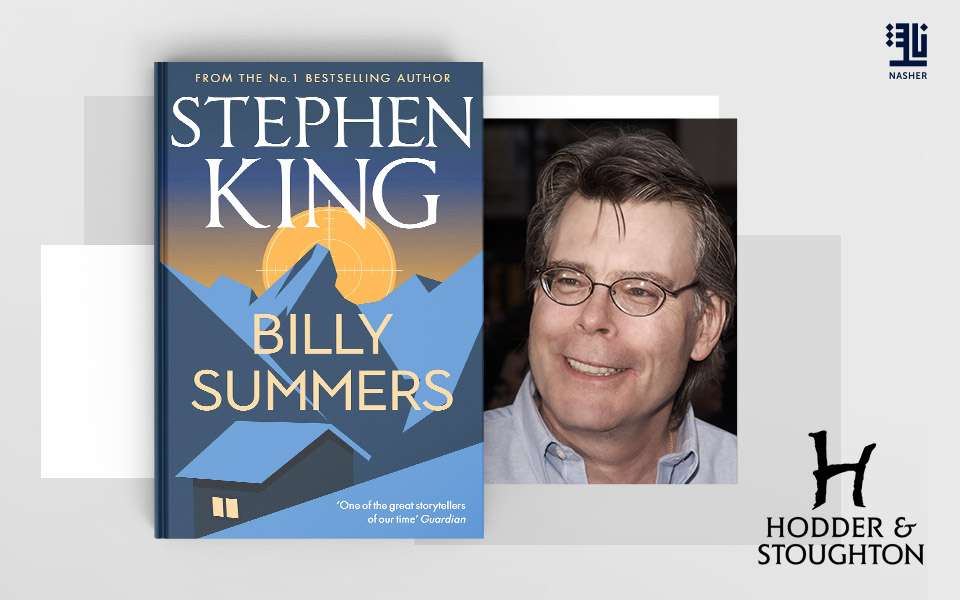Billy Summers, latest novel by Stephen King published by Hodder, is a tale of an ex-army sniper turned into a killer-for-hire who only kills “bad men”.
Tasked with a hit on a small-time crook, Summers relocates to a provincial city in a southern state where he must live a double life in the local community while waiting for his shot.
Like all good King protagonists, he fills his time with writing his life story. It’s a tale of violent youth and wartime tragedy that begins as an unwelcome interruption to the main proceedings but gradually accrues more weight as a window on to Billy’s off-kilter moral code.
Throughout the novel, Billy Summers feels like a retread of King’s alternative-history doorstop 11/22/63, told this time from the assassin’s perspective.
Like 11/22/63, the first half is pedestrian in pace but rich in colour and characterisation. King has always excelled at sketching everyman’s US, enriching the details into a minor epic register. Cook-outs with Billy’s neighbours, games of Monopoly with their children, date nights and diners – all are part of King’s mythologising of American life.
Billy’s tales of his childhood in a foster home sound more like the 1950s than the 90s, and a present-day visit to a fairground is barely different from a scene in The Dead Zone, way back in 1979. But King is not losing his touch. The book has plenty of references to contemporary TV and music, as well as allusions to changing demographics and progressive politics including Trump.
At the midpoint, Billy Summers takes an entirely unexpected turn, introducing a character who will alter the course of Billy’s life and the nature of the novel. From here on the focus narrows, the pace quickens and the ethics become murkier. This strikes an odd balance with the sunlit, languorous first half. It shouldn’t work, but it does, largely because King is so good at character and making readers care through incidental details.
Source: The Guardian







